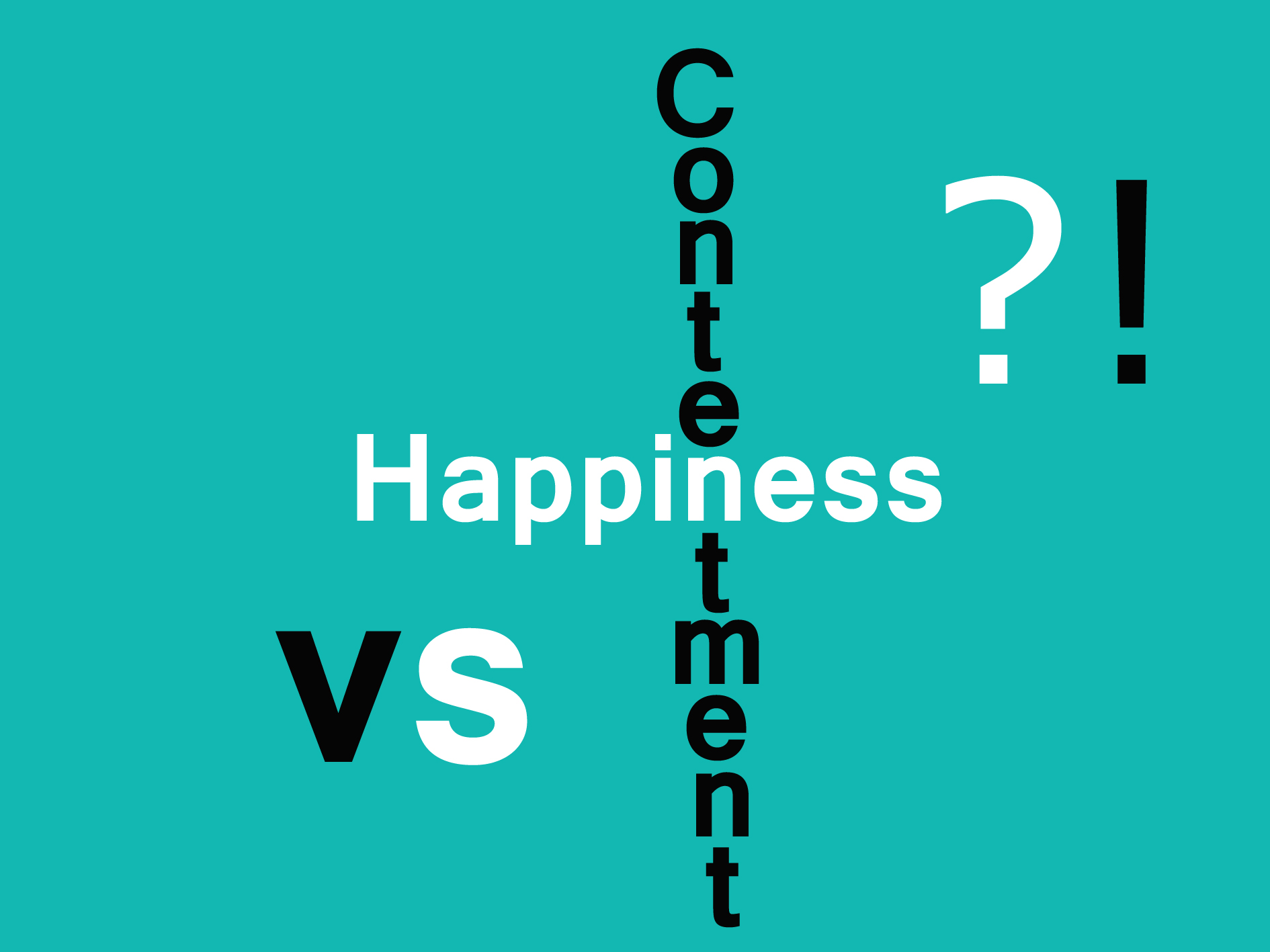Probably the worst thing about the end of a calendar year in the social media era is that every site designs one of those “… My Year In Review…” constructs, so you can piece together a bunch of photos/statuses about yourself and then share it with the word, no doubt saying something like “It’s been a great year!” or “So blessed!” or “So happy!” in the process. Maybe it’s true — in reality, the only important thing is that you think it’s true — and maybe it’s not. Obviously, we all do it and gravitate towards it. At heart, most of us are “me-formers,” as opposed to “informers.” It’s life.
Here’s the thing, though: happiness, as generally thought-of and construed and analyzed, is bullshit. It’s often defined as a goal or destination; that inherently implies something you can control. You can’t control happiness. You’re lucky to even get there a few times per month. You can, however, be content. And here’s an idea how.
Start with this article and especially note these two paragraphs:
There’s a distinction, says Little, between the pursuit of happiness and what he calls “the happiness of pursuit.” Over decades of research, Little has developed an analytical tool he calls Personal Project Analysis that centers on personal goals and projects as an indicator of well-being. Rather than focusing on people’s emotional states, his research suggests that focusing on personal projects is a better measure of one’s quality of life. “When people are asked to reflect upon their lives, it’s ones appraisals of personal projects that seem to be the best predictor of a life well-lived,” he says.
Personal projects can vary drastically for each person. They can be anything from spending time with your kids to writing your novel to losing ten pounds to chasing after someone you want to date. They are the goals and pursuits you prioritize and fill your time with. Focusing on personal projects rather than traits or emotions is useful in gauging our own well-being because we have greater agency over our personal projects. “Mere happiness is strongly linked to genetically linked traits like extrovertedness and neuroticism,” says Little. “You can’t do much about them, whereas you can push your projects.”
Probably the most important aspect of those two paragraphs are the last couple of sentences — mere happiness is strongly linked to genetics. You can’t do much about those. You can do much about your goals, ideas, and projects.
When I started writing this post, I was thinking about two things (actually three, but the third one isn’t a topic I feel like openly discussing right now). Thing No. 1 is that, when I was in the sixth grade (I especially remember that year), I was super depressed all the time. I always used to tell my mom, “I’m so sad. I just want to be happy.” I look back now and realize that wasn’t the way to think about it at all (although, of course, who really knows how to process life at age 12?). I should have focused on things I could control — grades, school plays, friends, sports, stuff like that.
The other thing I keep coming back to is when a friend of mine got divorced; it was probably my first friend to deal with that. When we talked about it, he said, “I’m not happy.” I assume that’s what about 90 percent of people say when asked for a justification therein. That makes perfect sense. Thing is, though — it’s not really the right thing to say, insofar as there’s a right thing to say in that moment. “I’m not happy” is an almost universal condition in some respects. When are we ever really, truly happy?
When you talk about a divorce and you say “… I wasn’t happy,” I think what you’re really saying is, “That relationship stopped being a personal project that I was interested in.” Right? Maybe.
I’ve written a little about this before: if you want to be happier, shift away from thinking about money — which is how a lot of people conventionally define success, at least in capitalist societies — and start thinking about your time. People view money as a prized asset because it’s tangible — for example, you can buy a house with money. The real prized asset is time. You can’t necessarily pay for a car using time, but … time is what you’ll want more of at the end, and what you’ll think about in terms of how you spent it.
Remember: this is all a very fine line. Only 1 in 10 Americans can balance “being busy” and “being happy.”
But there’s some idea here that’s worth exploring — namely, stop chasing happiness. It’s not a real goal because it’s nearly impossible to reach, it shifts all the time, and it’s tied to factors you don’t really have much control over. Instead, focus on being content. How are you, within the moment? Within the broader context of your life? Those things matter more.
So this year, think about projects. Think about goals. Think about connecting with people. Think about your challenges. Think about new friends.
But definitely don’t think about “happiness” or chasing happiness. It’s a rarity. Focus on the aspects you can control.
